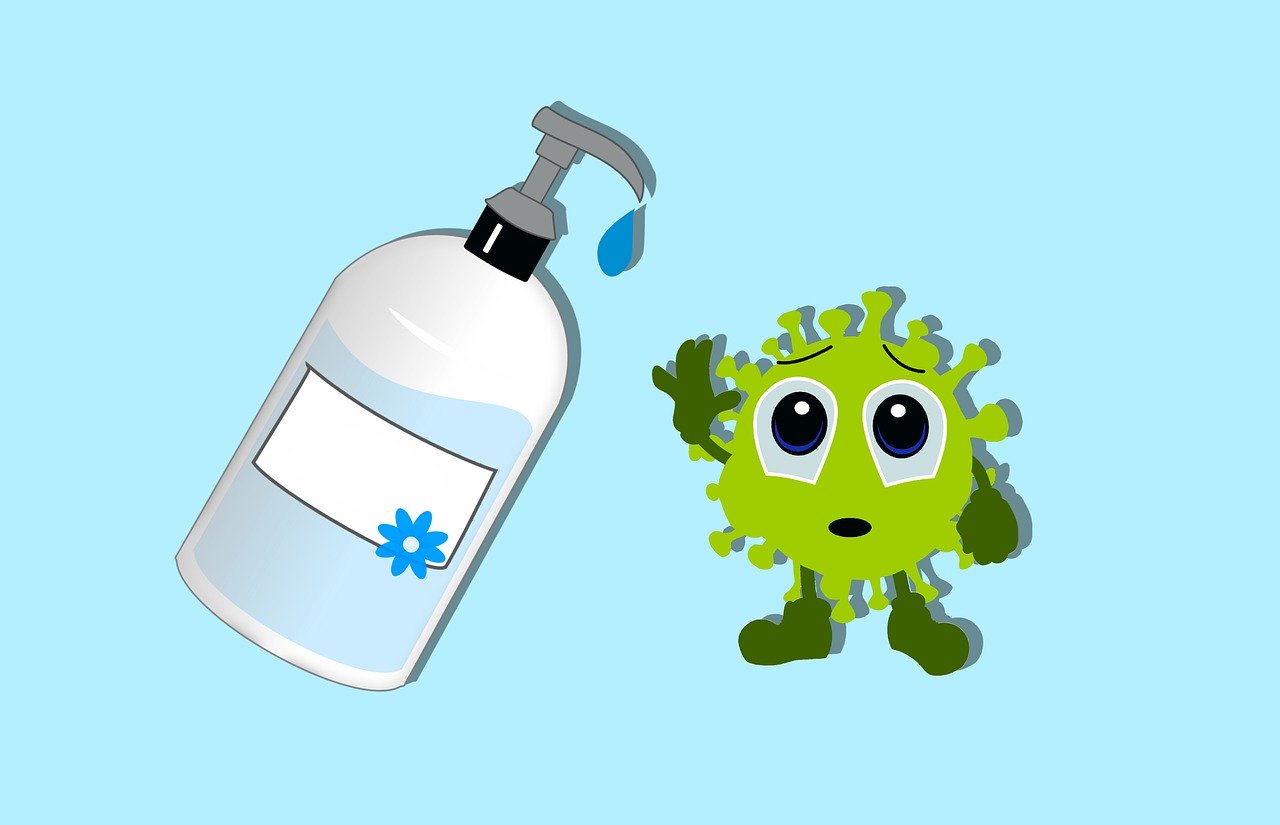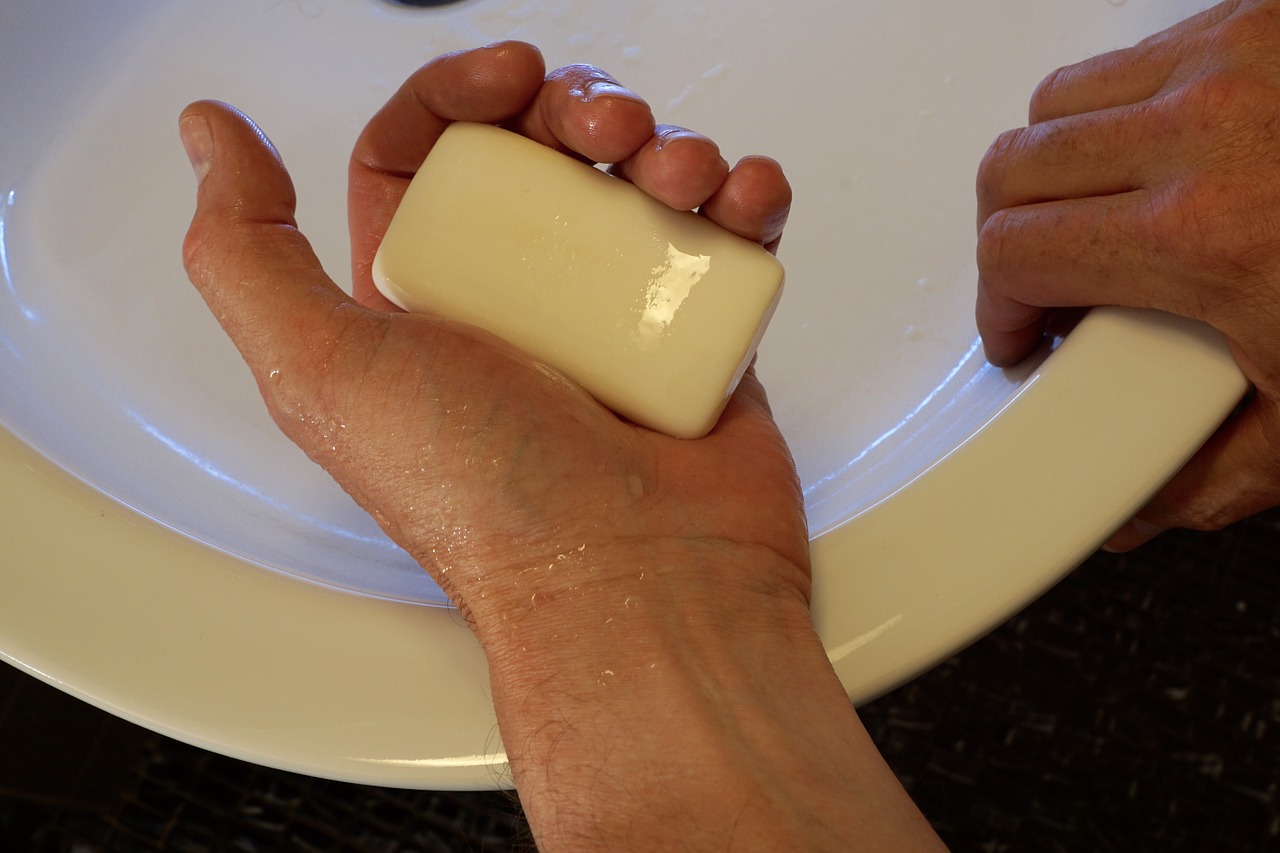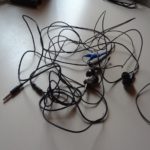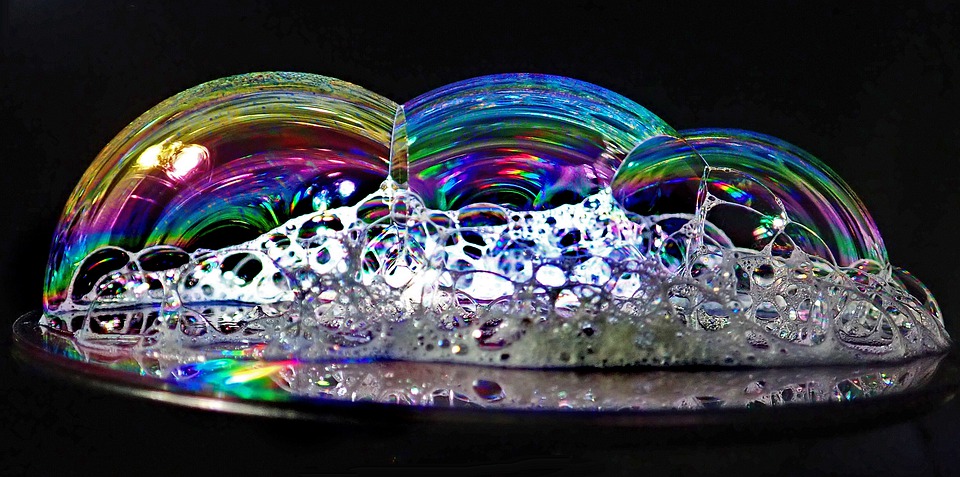How I became convinced of the uselessness of antibacterial soap
The other day I compared the effectiveness of liquid and bar soap. It was then that a short note came across that antibacterial soap was just a marketing ploy that did not bring real benefits to people. At that moment, I didn’t attach much importance to this information; I was still looking for answers to other questions.

But then it was time to go to bed, and the brain, in its best traditions, began to resist rest, constantly returning the same thought: “Is antibacterial soap really useless?” In general, I couldn’t sleep well. But the search for information was crowned with success.
The content of the article
USA against antibacterial soap
It turns out that smart people were asking this question long before it crossed my mind. This is evidenced by the same analysis of articles on the advantages and disadvantages of antibacterial hygiene products, conducted by the US National Center for Biotechnology Information in 2007.
Scientists reviewed the results of studies conducted from 1980 to 2006 and came to the conclusion that triclosan in a concentration of 0.1 - 0.45% does not add effectiveness to soap. Moreover, it contributes to the development of antibiotic resistance among various strains of bacteria.
Reference! Triclosan is a typical antiseptic additive for liquid soap, triclocarban is its analogue in solid soap. These substances are broad-spectrum antibacterial and antifungal compounds.Their maximum permissible concentration in the finished product, approved at the legislative level in most countries, is 0.3%.
A in 2014, a local law was signed in Minnesota banning the use of triclosan in consumer products (effective January 1, 2017). Legislators made decisions based on the results of studies conducted on animals. It turned out that this compound can affect the hormonal and reproductive systems of mammals.
Korea is also against it
The fall of 2015 was also pleased with the presence of publications on the topic. This time, epidemiologist Allison Aiello published a review of the results of experiments conducted by South Korean researchers. The result is a little more interesting: Triclosan works.
However, taking into account its concentration, the effect will occur 9 hours after using the soap. But in real life, when washing your hands takes 20–30 seconds, you shouldn’t expect an effect—the connection won’t have time to work.

What about ours?
Foreign sources are good. But what will Rospotrebnadzor say about this? And he says that there is no need to emphasize the use of antibacterial soap. Soap does not destroy viruses and bacteria, it washes them away. And any soap copes with this task perfectly.
Moreover, There are no standards written for antibacterial soap - everything is on the conscience of the manufacturer. He may include an additional compound in the finished product, or he may not bother with antimicrobial additives at all, but at the same time do not forget to indicate the magic word “antibacterial” on the packaging.
This is how the story turned out. So far, the only thing that pleases me about all this is the ease of finding information - everywhere they say the same thing.But if you happen to come across research results that refute the uselessness of antibacterial soap, please share them in the comments.





